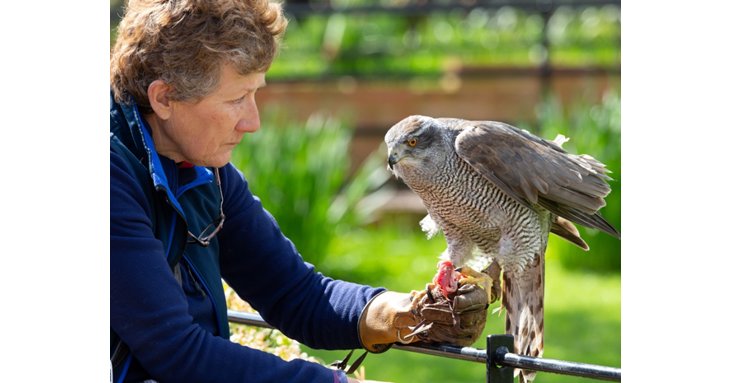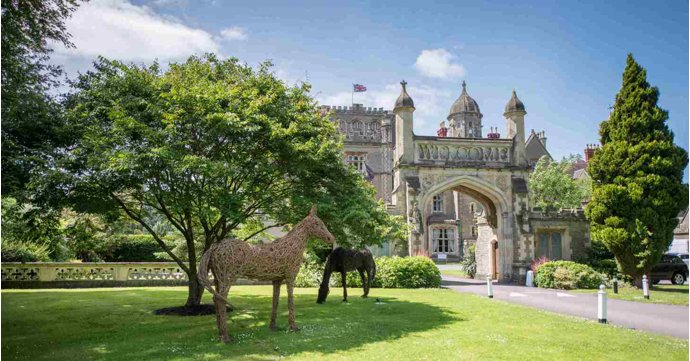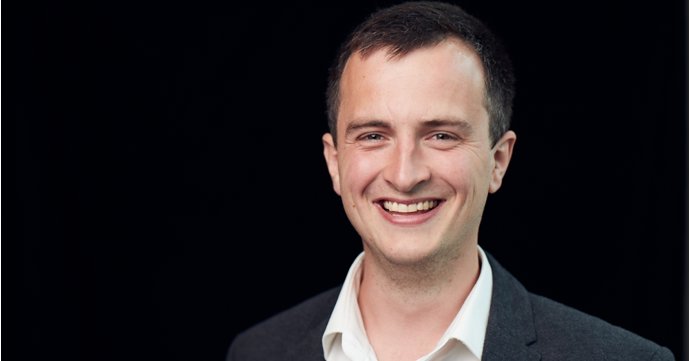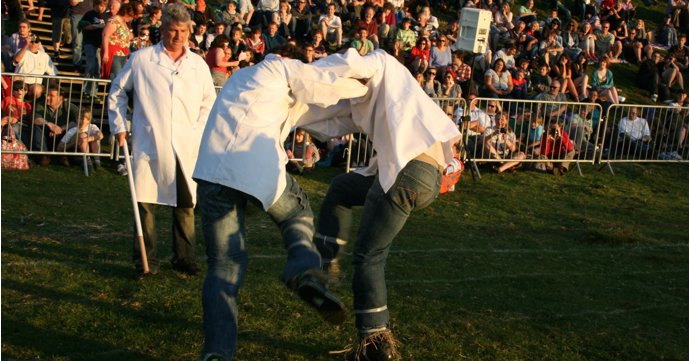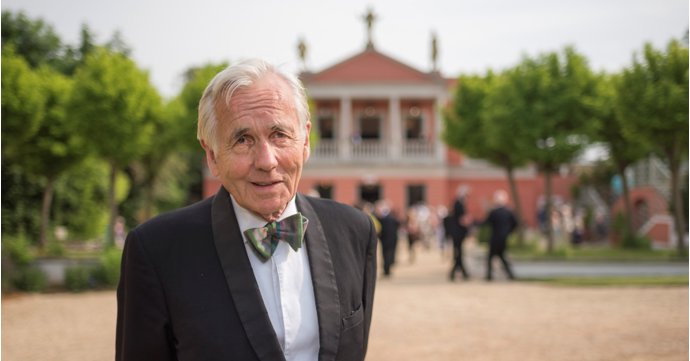Director of Gloucestershire’s International Centre for Birds of Prey, Jemima Parry-Jones MBE boasts an incredible knowledge in all things avian, with her role at the Forest of Dean attraction encompassing everything from training birds to training staff.
Talking to SoGlos for an insightful interview, Jemima reveals how the centre has developed over the years, why its work is so important and what people can expect when they visit.
Can you tell us how your career with birds of prey began?
I really wanted to be an opera singer, but nerves let me down. Wherever I lived I seemed to end up with birds of prey, so it seemed like it was the thing I needed to be doing!
Your father founded the centre; how did his work inspire your career?
Father was an interesting man, very Victorian, but one of the things I loved about him was that he was interested not just in falconry birds but in all species of birds of prey and owls, and that inspired me to have the same passion.
What does your role at ICBP involve?
What does it not involve! Training birds, training staff, giving demonstrations of birds flying to the public. Film work, advice all over the world, conservation work here at ICBP and abroad. Decisions on the gardens, on how we move forward, driving our very old dumper, answering hordes of emails, entertaining important people, advising governments, tidying the loos – and so it goes on!
How have you seen ICBP change over the years?
The Centre has grown enormously; we have better facilities and are constantly upgrading where we can. We have had to offer more to the public, good paths, nice café, toilets, a shop. Plus, the conservation work that we do has become, sadly, more and more important as time goes on. We also get in more injured birds of prey than we used to.
What makes ICBP’s work so important?
Our experience and the fact that we will share it – bad and good. We lead the world in the captive breeding of birds of prey, which is why we do all the work on the critically endangered vultures in South Asia.
We assist with conservation breeding projects in various countries around the world. We also, I hope, manage to give everyone who comes here a greater understanding of birds of prey. Without education, conservation will never work.
What can visitors expect on a day out at ICBP?
A great friendly atmosphere, fantastic flying demonstrations with each one completely different. A superb collection of birds to see; set in, I might add, first class gardens. So, you can either spend time with the birds, or you can sit and enjoy the gardens.
There are good paths for wheelchairs, a field and wood to walk in, and the café serves food from 10.30am to 4.15pm daily when we are open. There is also a nice shop and at certain times of the year you can see the chicks being fed as well.
Can you tell us something we don’t know about one of the birds in your care?
Did you know that all the fish eagles have bare legs so they don’t have to go around with wet socks all day after fishing? Did you know that if you see a sparrowhawk in your garden eating a pigeon it will definitely be a female as the males are tiny in comparison? Did you know that kestrels are declining by 40 per cent? And did you know that some of my birds prefer being flown by women than men!
People can be wary of birds of prey; what advice can you offer for overcoming their phobia?
We have actually had people come here on a half experience day to try and get over their phobia. Many people can’t stand the flapping, particularly of tiny birds or flocks of pigeons, but they cope well with our birds because they flap less and some are very large. Try and visit and see if you can manage, it’s a good way to learn.
Are there any common myths you can dispel about birds of prey?
Seeing an owl is not an ill omen; eagles can’t carry off small children; and sparrowhawks are not causing the demise of small garden birds.
And finally, what’s your favourite thing about your work at ICBP?
The feeling that ICBP really is doing some good for birds of prey in the world.
For more information visit icbp.org directly.


